Imperial staff share advice on International Day of Women and Girls in Science

Imperial staff share advice on International Day of Women and Girls in Science.
To celebrate The International Day of Women and Girls in Science we have asked some of our brilliant staff across the Faculty of Medicine what advice they would have offered their younger selves or to women in the early stages of their careers.
Professor Bryony Franklin
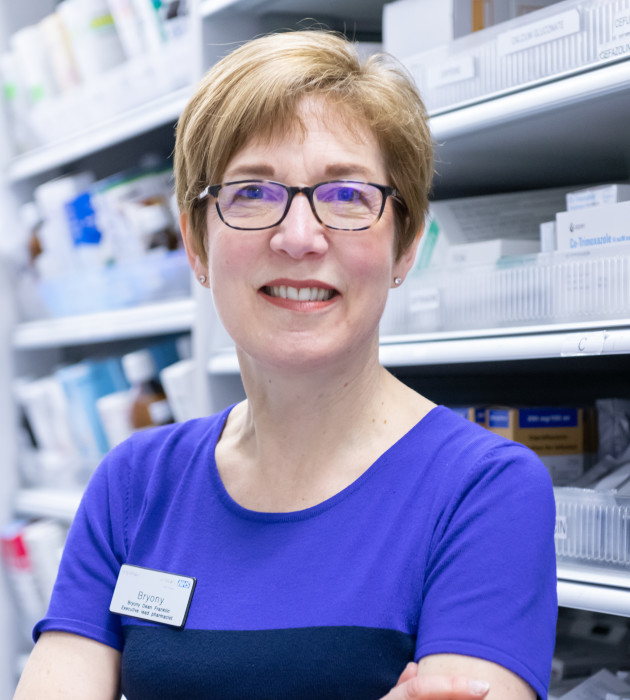 “My main advice would be: Don’t limit yourself and keep your options open – you can’t predict what opportunities may arise and how your career may take different twists and turns. Keep an open mind and be willing to step outside of your comfort zone from time to time.”
“My main advice would be: Don’t limit yourself and keep your options open – you can’t predict what opportunities may arise and how your career may take different twists and turns. Keep an open mind and be willing to step outside of your comfort zone from time to time.”
Visiting Professor, Institute of Global Health Innovation
Dr. Catherine N. Kibirige
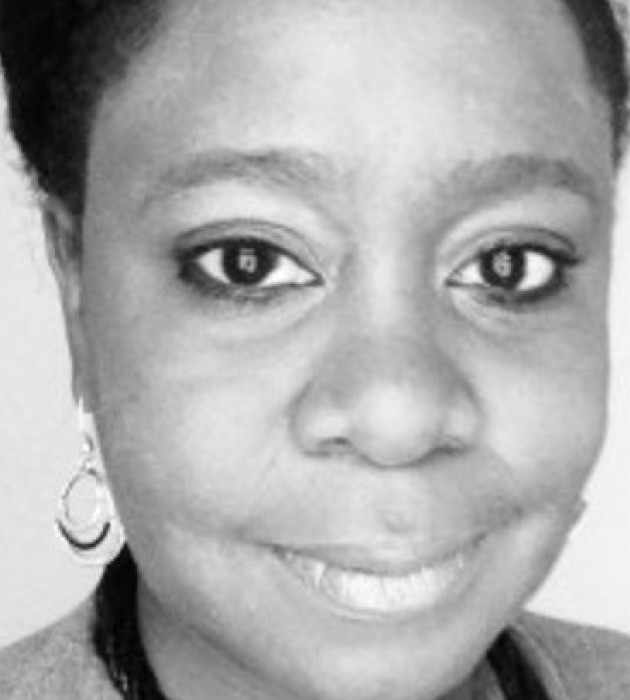 “I would say believe in yourself. You definitely have the ability and strength to do this. Identify your gifts and talents and apply them to what you are passionate about and that will see you through.”
“I would say believe in yourself. You definitely have the ability and strength to do this. Identify your gifts and talents and apply them to what you are passionate about and that will see you through.”
Research Associate, Department of Infectious Disease
Professor Alison McGregor
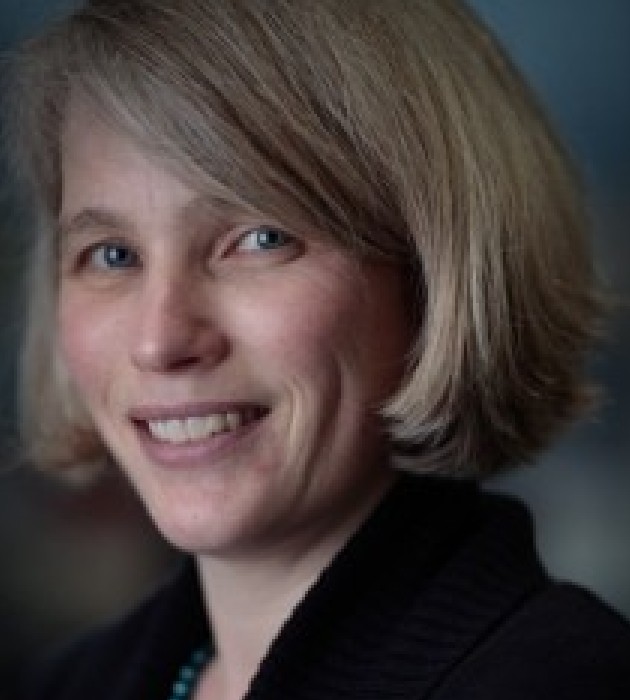 “Academic careers have ups and downs, learn to be resilient and learn from mistakes, take your time there is no rush to achieve everything all at once build your connections and colleagues and value them. Go for it, science needs you, if you want a career that will challenge, stimulate you, allow you to meet new and different people then it’s for you. It will grow you and develop your confidence and direction in life I have absolutely no regrets and have enjoyed the journey and still do…”
“Academic careers have ups and downs, learn to be resilient and learn from mistakes, take your time there is no rush to achieve everything all at once build your connections and colleagues and value them. Go for it, science needs you, if you want a career that will challenge, stimulate you, allow you to meet new and different people then it’s for you. It will grow you and develop your confidence and direction in life I have absolutely no regrets and have enjoyed the journey and still do…”
Professor of Musculoskeletal Biodynamics, Department of Surgery & Cancer
Dr Candice Roufosse
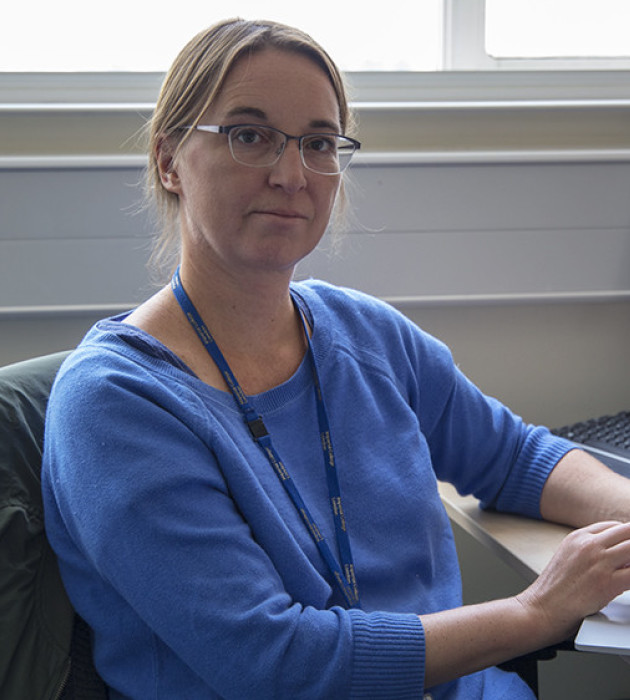 “A happy scientist wants to understand how the world works, and is not afraid of what she doesn't know or understand straight away. With curiosity and good fear-management, she can learn or do anything. Scientific knowledge is powerful - Women and Girls, come and get it”
“A happy scientist wants to understand how the world works, and is not afraid of what she doesn't know or understand straight away. With curiosity and good fear-management, she can learn or do anything. Scientific knowledge is powerful - Women and Girls, come and get it”
Clinical Senior Lecturer, Department of Immunology and Inflammation
Dr Sara Garfield
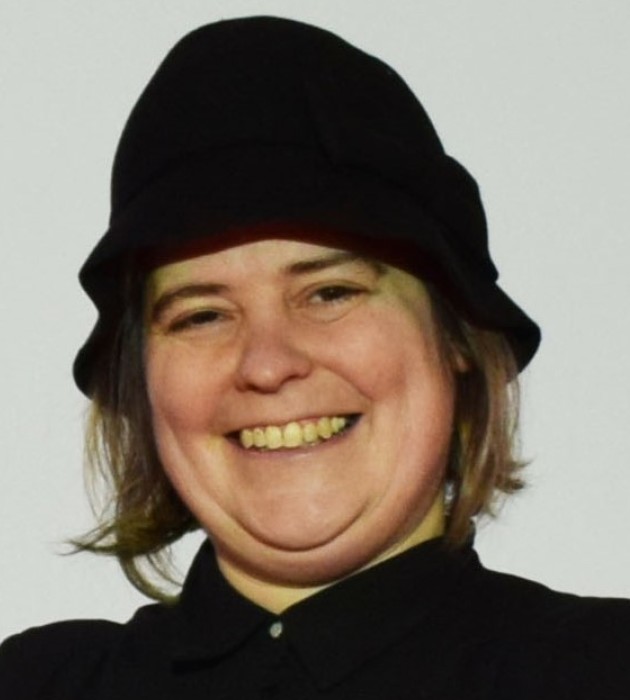 “I would tell my younger self, at the start of my career, to be more confident in the skills that I had to offer, to be resilient and to see every challenge as an opportunity to move forwards. My advice to others starting out a career in a STEMM subject, is not to worry if you do not yet have a clear idea of what you want to do or how things will work out. Follow your interests and then that will lead you down the right career path.”
“I would tell my younger self, at the start of my career, to be more confident in the skills that I had to offer, to be resilient and to see every challenge as an opportunity to move forwards. My advice to others starting out a career in a STEMM subject, is not to worry if you do not yet have a clear idea of what you want to do or how things will work out. Follow your interests and then that will lead you down the right career path.”
Honorary Research Officer, Institute of Global Health Innovation
Dr Lucia Li
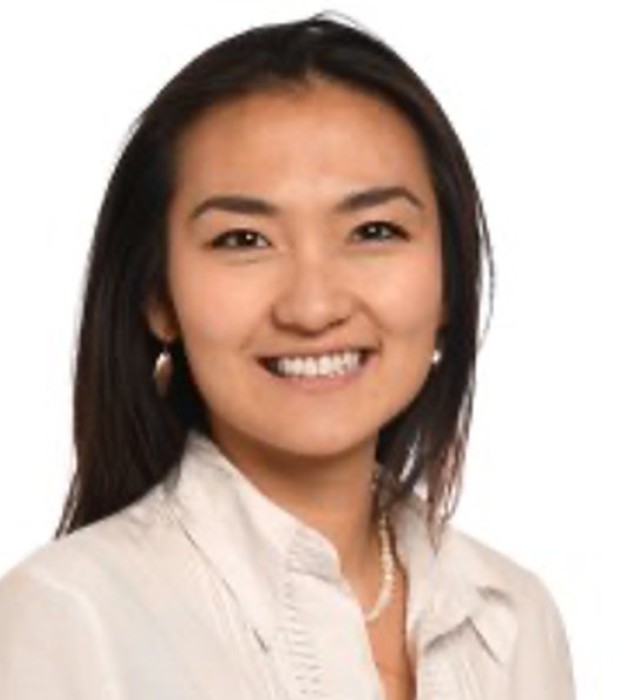 - “The two people who will have the biggest impact on your career are your supervisor and your life partner - choose both with that knowledge in mind.
- “The two people who will have the biggest impact on your career are your supervisor and your life partner - choose both with that knowledge in mind.
- Ask ask ask - ask 'stupid' questions, ask for help, ask for opportunities, ask for a chat etc.
- Learn to code and statistics.
- Your reputation is partly about your skill and achievements, and partly your profile - work on both.
- Science is a collaborative effort (especially clinical translational work) - you need as many friends, allies and collaborators as possible, so start making connections now."
Clinical Lecturer (Neurology), Department of Brain Sciences
Dr Ana Luisa Neves
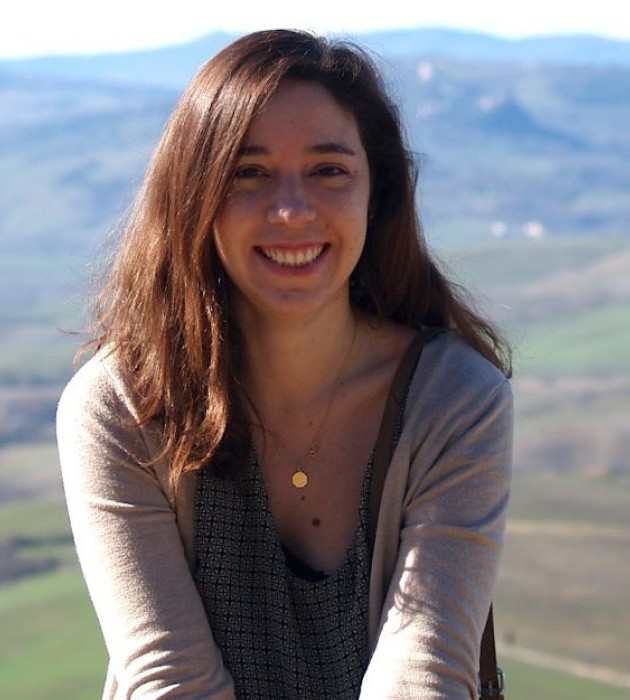 “Have somewhat of a plan - but leave some space to embrace high-risk projects, or to explore other interests (you might find through the journey that they might actually be your best fit). Collaborate, share ideas, discuss with peers. Don't be afraid to start small, with a travel grant, seed funding for a small project - that will increase changes to leverage more relevant funding in the future. Find a good mentor, or a role model, or someone that inspires (and challenges!) you.”
“Have somewhat of a plan - but leave some space to embrace high-risk projects, or to explore other interests (you might find through the journey that they might actually be your best fit). Collaborate, share ideas, discuss with peers. Don't be afraid to start small, with a travel grant, seed funding for a small project - that will increase changes to leverage more relevant funding in the future. Find a good mentor, or a role model, or someone that inspires (and challenges!) you.”
Advanced Research Fellow and Associate Director, Institute of Global Health Innovation
Professor Anne Lingford-Hughes
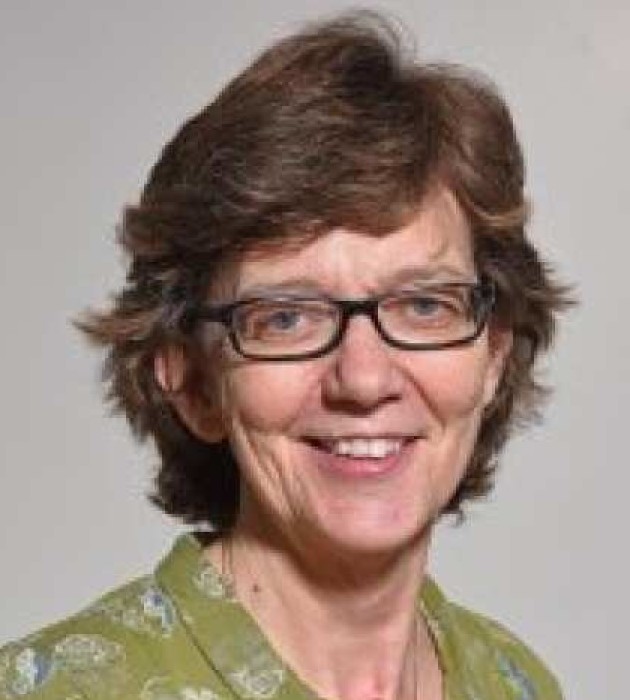 “Keep going – you will get there! Make sure you have a good support network around you – both at work and also at home. Go to as many events/conferences as you can to see/hear and meet who else is working in your areas of interest to know who/where you would like to work.”
“Keep going – you will get there! Make sure you have a good support network around you – both at work and also at home. Go to as many events/conferences as you can to see/hear and meet who else is working in your areas of interest to know who/where you would like to work.”
Chair in Addiction Biology, Department of Brain Sciences
Dr Viki Male
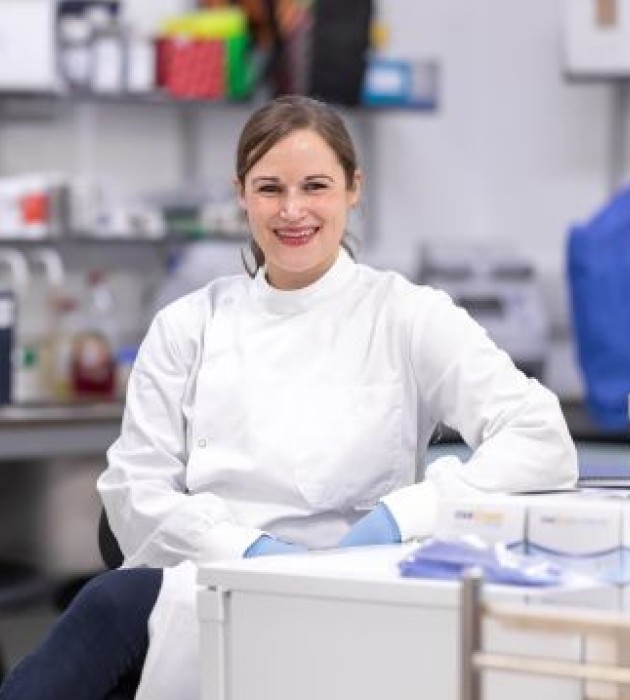 "You might think that the only way to succeed in science is to give it your all - and that is what works best for some people. But it's also possible to have a fulfilling research career alongside a family and social life, particularly if you have a strong support network."
"You might think that the only way to succeed in science is to give it your all - and that is what works best for some people. But it's also possible to have a fulfilling research career alongside a family and social life, particularly if you have a strong support network."
Lecturer in Reproductive Immunology, Department of Metabolism, Digestion and Reproduction
Dr Meg Spriggs
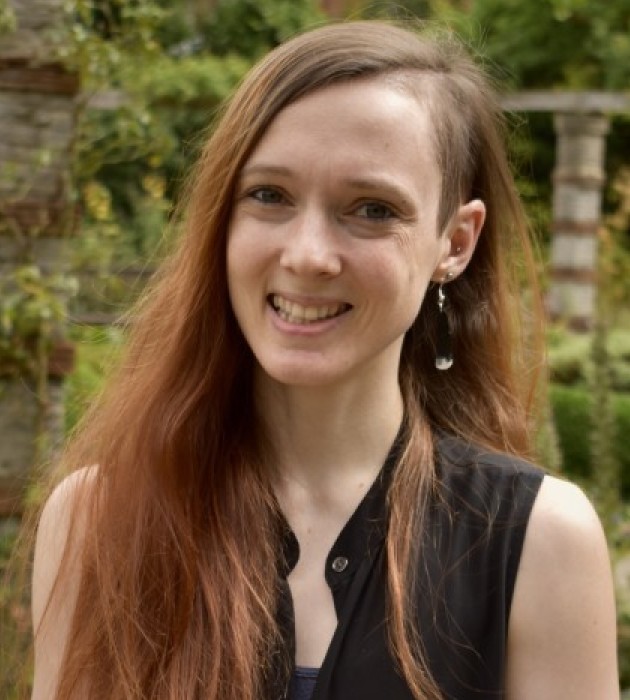 “Keep all options open, because you never know what might spark a fire in you. Science is built on passion, curiosity, creativity, and collaboration so follow your instinct, don’t be afraid to put yourself out there, and reach out to those who inspire you. But most importantly, do what makes you happy.”
“Keep all options open, because you never know what might spark a fire in you. Science is built on passion, curiosity, creativity, and collaboration so follow your instinct, don’t be afraid to put yourself out there, and reach out to those who inspire you. But most importantly, do what makes you happy.”
Research Associate, Department of Brain Sciences
Dr Véronique Azuara
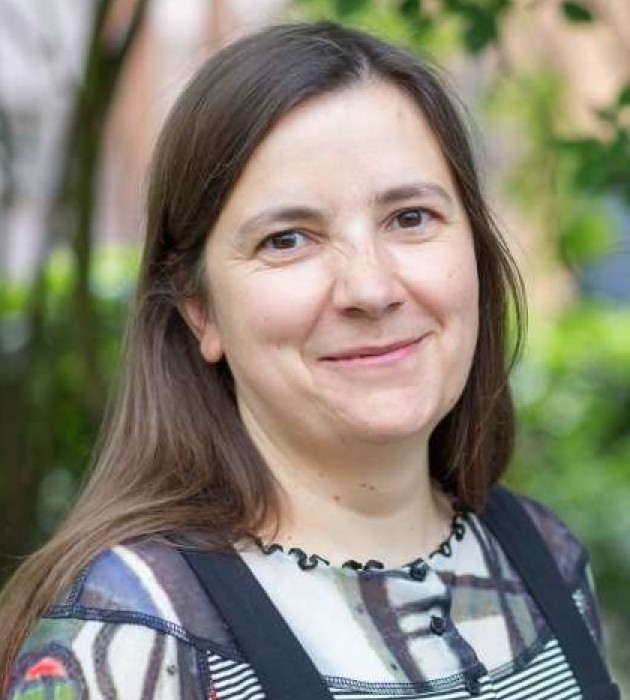 “The space women occupy in STEM expands with their ideas, talent, and remarkable engagement. Their creativity is committed to change, to change for the good and innovations. Take your place, it’s worth the journey, it’s worth the fight! My recommendation would be to do what you love, find strategies that fit a given situation and cut yourself breaks!”
“The space women occupy in STEM expands with their ideas, talent, and remarkable engagement. Their creativity is committed to change, to change for the good and innovations. Take your place, it’s worth the journey, it’s worth the fight! My recommendation would be to do what you love, find strategies that fit a given situation and cut yourself breaks!”
Reader in Stem Cell Biology, Department of Metabolism, Digestion and Reproduction
Dr Emma Lawrance
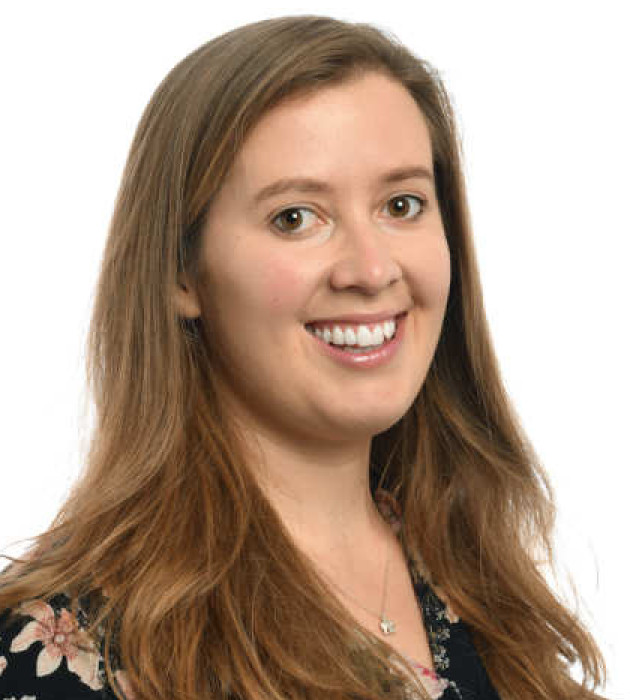 “The advice I would give my younger self is 'stay curious'. Good scientists embrace their inner child and remain curious, fascinated by exploring how the world works. However, it can be intimidating to follow your curiosity and have the courage to ask questions, or to persevere in trying to find the answers when the list of failed attempts mounts, as it can tend to do when we are pushing the boundaries of human knowledge. Raising your hand in a lab meeting or questioning senior academics, who are more likely to be men, can be especially intimidating as a young woman in male dominated subjects. But there are many people who will help you, and getting the answers you need to learn is worth the courage to ask the question. Keep questioning, keep exploring, and never lose the spark of curiosity and imagination. Remember that you can bring with your own unique and invaluable perspective, even and especially if it is different to what you see around you.”
“The advice I would give my younger self is 'stay curious'. Good scientists embrace their inner child and remain curious, fascinated by exploring how the world works. However, it can be intimidating to follow your curiosity and have the courage to ask questions, or to persevere in trying to find the answers when the list of failed attempts mounts, as it can tend to do when we are pushing the boundaries of human knowledge. Raising your hand in a lab meeting or questioning senior academics, who are more likely to be men, can be especially intimidating as a young woman in male dominated subjects. But there are many people who will help you, and getting the answers you need to learn is worth the courage to ask the question. Keep questioning, keep exploring, and never lose the spark of curiosity and imagination. Remember that you can bring with your own unique and invaluable perspective, even and especially if it is different to what you see around you.”
Mental Health Innovations Fellow, Institute of Global Health Innovation
Professor Naomi Chayen
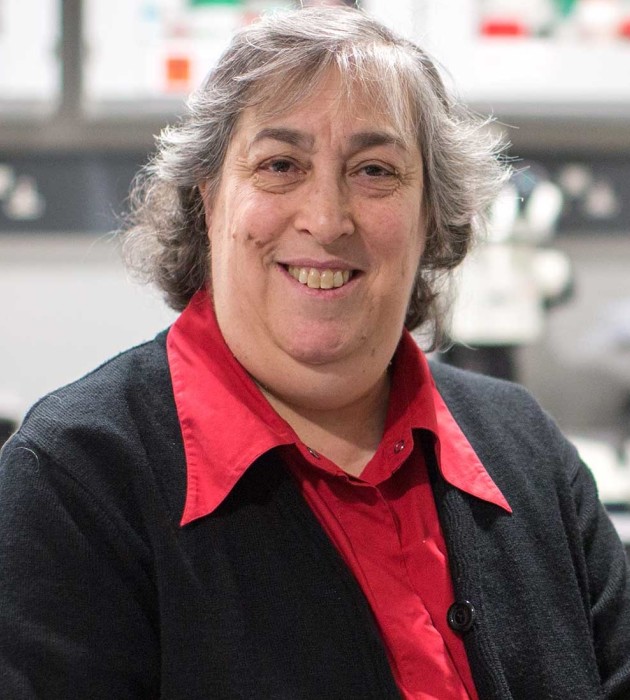 “My advice in both cases would be to say that even if you plan precisely how you would like things to pan out, keep an open mind - even if you thought that you would be following a certain path, don’t be put off by unexpected outcomes which may seem to take you out of your comfort zone. These often bring new opportunities so don’t be afraid to embrace them. I landed up in a different field that I originally anticipated which turned out to be more exciting than if I had followed my original plans!”
“My advice in both cases would be to say that even if you plan precisely how you would like things to pan out, keep an open mind - even if you thought that you would be following a certain path, don’t be put off by unexpected outcomes which may seem to take you out of your comfort zone. These often bring new opportunities so don’t be afraid to embrace them. I landed up in a different field that I originally anticipated which turned out to be more exciting than if I had followed my original plans!”
Professor of Biomedical Sciences, Department of Metabolism, Digestion and Reproduction
Professor Amanda Cross
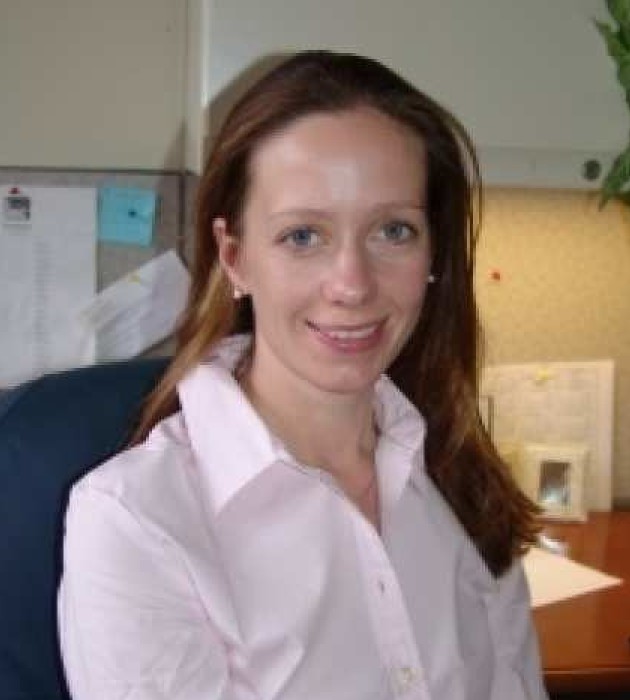 “Take advantage of all opportunities that arise, including those that you might find uncomfortable/particularly challenging and those that are not necessarily part of your original plans. Each experience will open new doors and help you figure out what you find most rewarding and enjoyable. Find mentors who support you, advise you and help you carve a path that is right for you, which is not necessarily the same path taken by others.”
“Take advantage of all opportunities that arise, including those that you might find uncomfortable/particularly challenging and those that are not necessarily part of your original plans. Each experience will open new doors and help you figure out what you find most rewarding and enjoyable. Find mentors who support you, advise you and help you carve a path that is right for you, which is not necessarily the same path taken by others.”
Professor of Cancer Epidemiology, School of Public Health
Dr Arti Maini
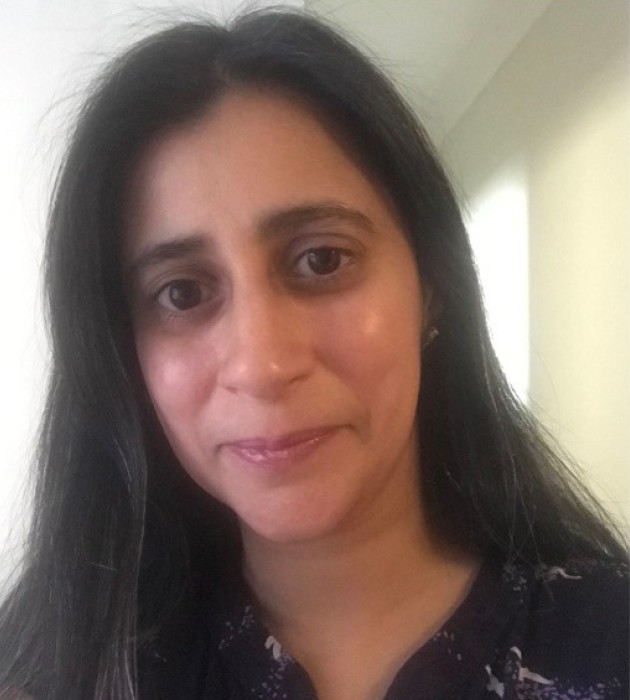 “Look for role models whose stories inspire you. Then be the author of your own story. Be clear about what you want to achieve and why. Share your vision with others and connect with like-minded people to shape your vision further and turn it into reality. Practice ethically and live your values, with compassion towards yourself and others. Develop presence by being present. Know when to listen and when to advocate and get the balance right. Enjoy the journey.”
“Look for role models whose stories inspire you. Then be the author of your own story. Be clear about what you want to achieve and why. Share your vision with others and connect with like-minded people to shape your vision further and turn it into reality. Practice ethically and live your values, with compassion towards yourself and others. Develop presence by being present. Know when to listen and when to advocate and get the balance right. Enjoy the journey.”
Deputy Director of Undergraduate Primary Care, School of Public Health
Dr Victoria Cornelius
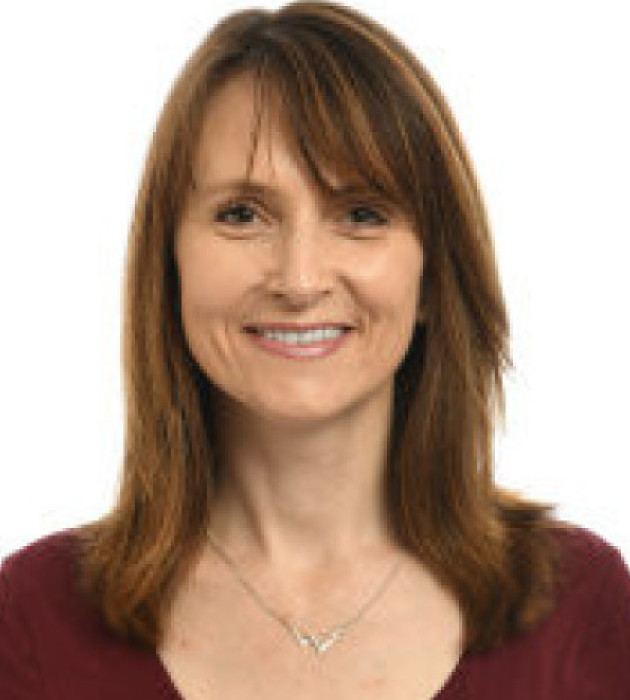 “I have always looked upwards and at those I admire to observe how they approached their work and demands. Everyday actions will have a big impact as one of the major hurdles we all face is time. Prioritisation is key to success and that can mean tough choices. As women we need to be confident in those choices, and as expecting as our male colleagues.”
“I have always looked upwards and at those I admire to observe how they approached their work and demands. Everyday actions will have a big impact as one of the major hurdles we all face is time. Prioritisation is key to success and that can mean tough choices. As women we need to be confident in those choices, and as expecting as our male colleagues.”
Reader in Medical Statistics, School of Public Health
Dr Cheryl Battersby
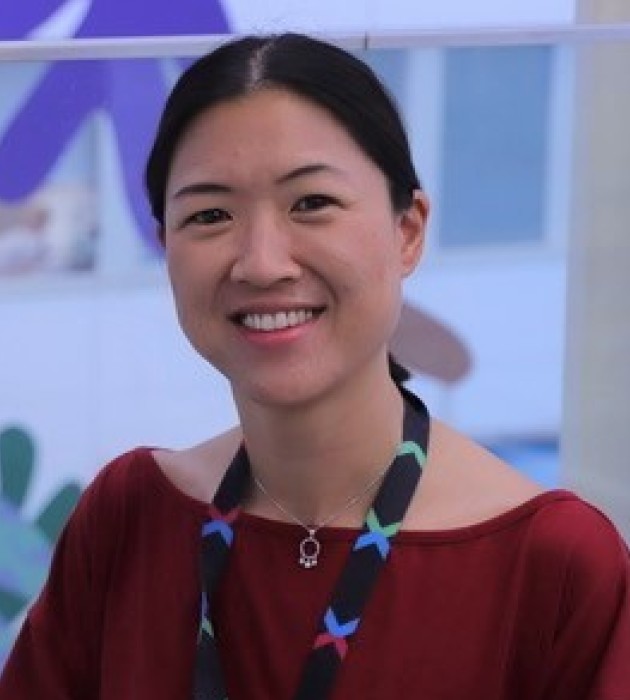 “The transition to independence for early career researchers is an exciting but challenging time. For me, support and guidance from senior and peer mentors was essential. My advice to those considering a career in clinical research:
“The transition to independence for early career researchers is an exciting but challenging time. For me, support and guidance from senior and peer mentors was essential. My advice to those considering a career in clinical research:
- Be proactive and have the confidence to approach and seek out mentors early on. Reach out to those with a track record of supporting aspiring researchers. These early conversations are helpful in navigating the academic career path, and may also open doors to opportunities and new collaborations you hadn’t even thought of.
- Invest in and build a support network: In academia, rejections and failures often outnumber successes, and perseverance is key. I think women on the whole are more likely to suffer from imposter syndrome and therefore it is even more important for female academics to have trusted colleagues/friends you can turn to on a bad day, who will help put things in perspective!”
Clinical Senior Lecturer in Neonatal Medicine, School of Public Health
Article text (excluding photos or graphics) © Imperial College London.
Photos and graphics subject to third party copyright used with permission or © Imperial College London.
Reporter
Elinor Pegler
Faculty of Engineering